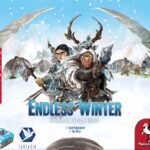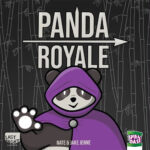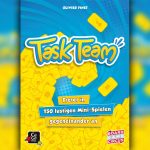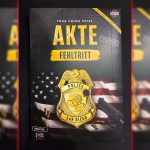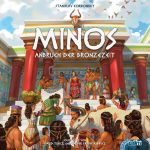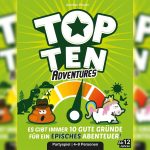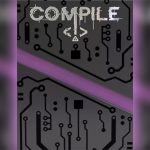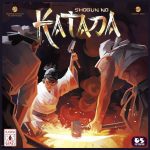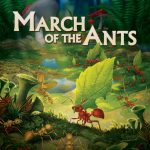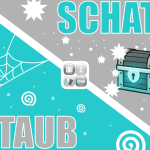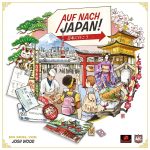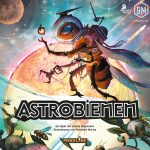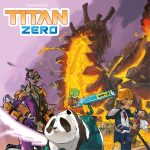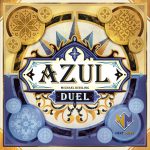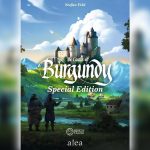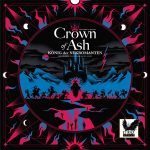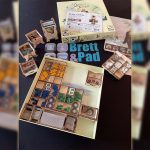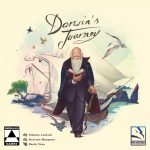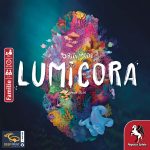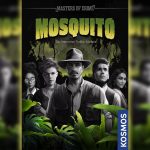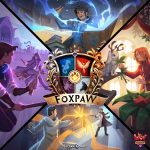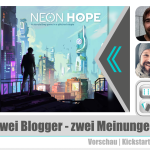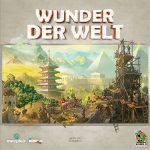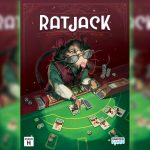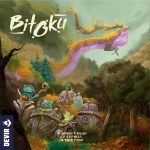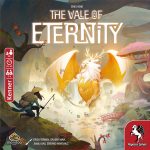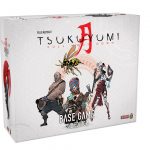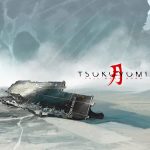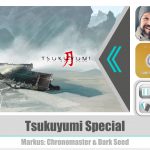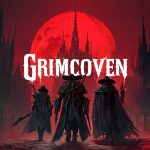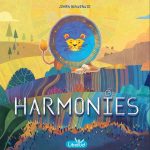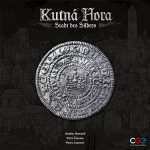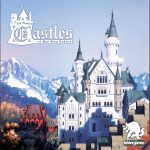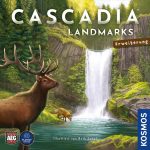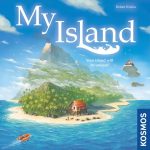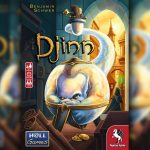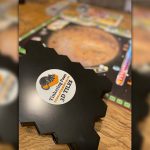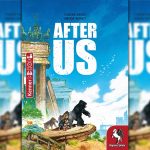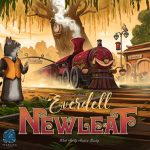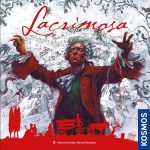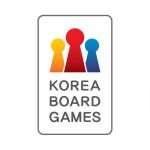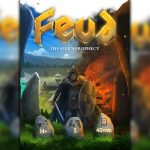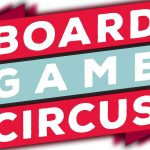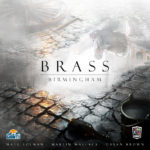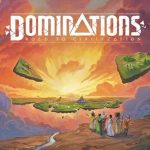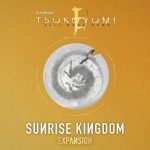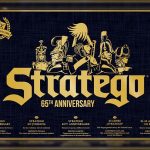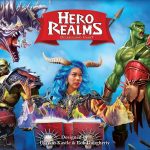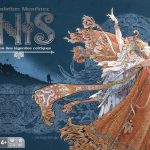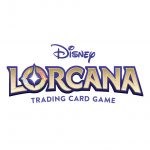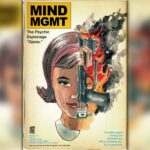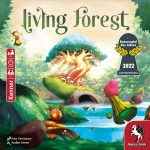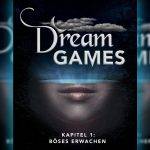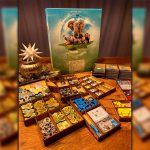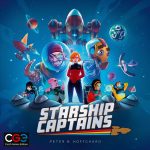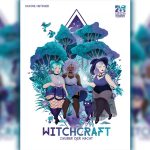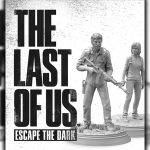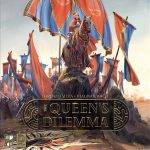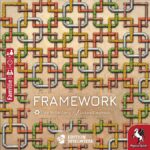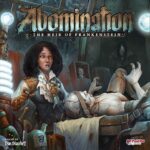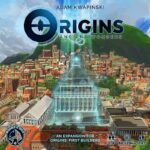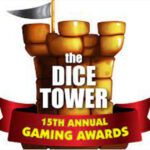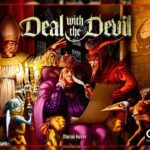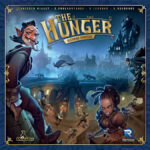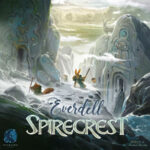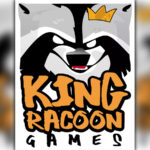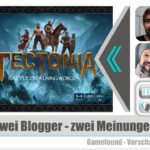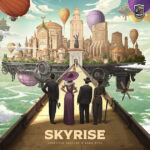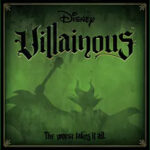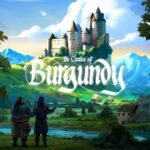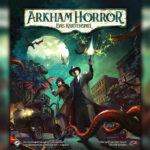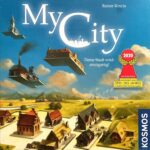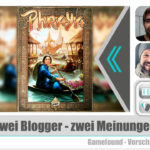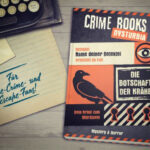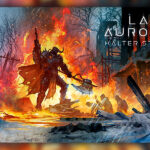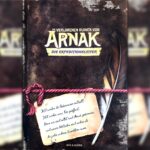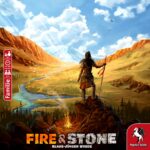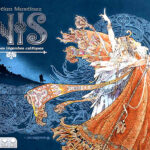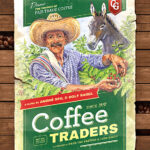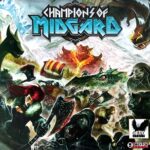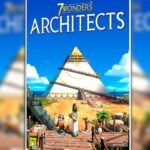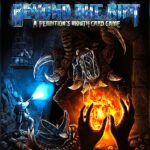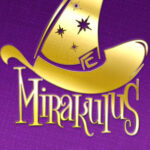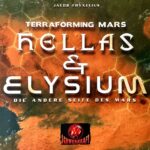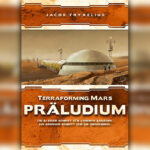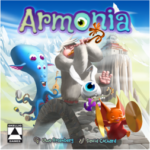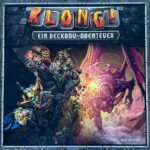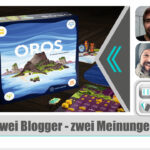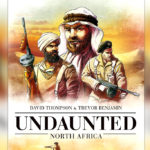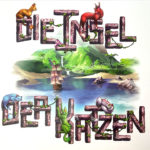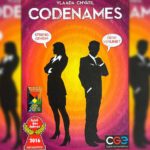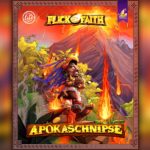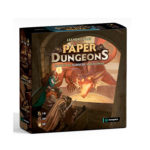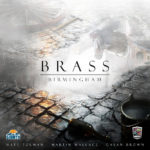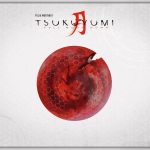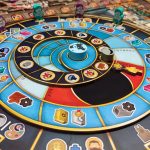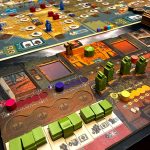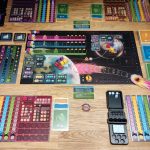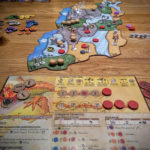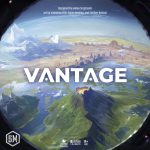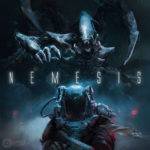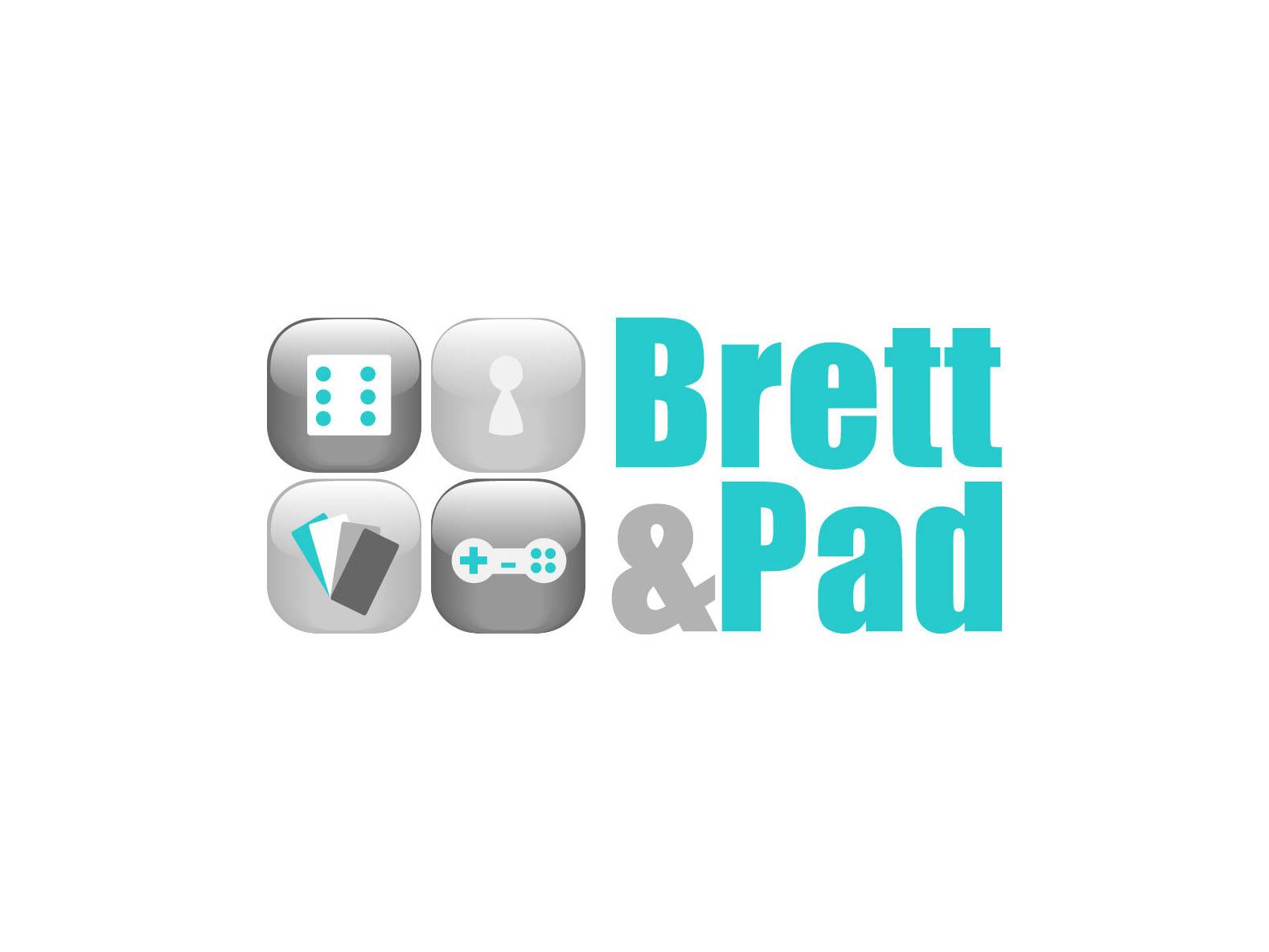 Let’s continue. If you’ve only just joined us, I highly recommend the teaser and Marco’s interview. Otherwise, let’s continue without further ado.
Let’s continue. If you’ve only just joined us, I highly recommend the teaser and Marco’s interview. Otherwise, let’s continue without further ado.
May I introduce: Tsukuyumi Special – Uwe
Brett & Pad: Hello Uwe – if you would like to introduce the private Uwe to our readers of Brett & Pad, what would be the five most striking characteristics?
Uwe: Hello for the first time and thank you for the opportunity to contribute my thoughts on Tsukuyumi! The private Uwe likes to be private and shies away a bit from the large and unknown masses of people. If I had to choose five concise characteristics, I would choose family man, soccer as a second hobby alongside board games and barbecuing as the best way to cook. I would replace one characteristic with the motto “strength lies in tranquillity” and another characteristic with the words Marvel and Lord of the Rings are the best board game themes for me.
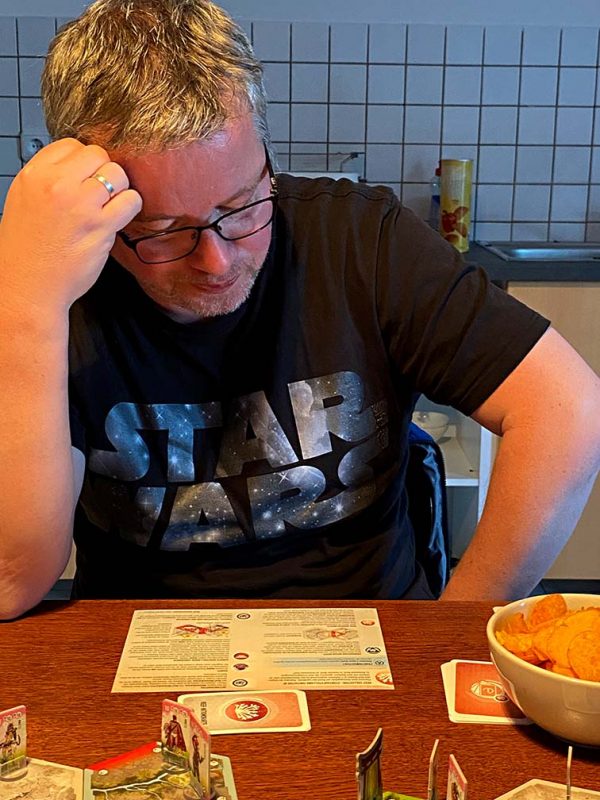
Brett & Pad: How did you get into board games and why do you still have a fascination for board games?
Uwe: Board games have been with me since I was a child. There are some outstanding milestones: we used to play Kniffel and Monopoly a lot in the family, epic games of Talisman when I was a teenager, later replaced by Magic the Gathering. Of course, I also must mention Settlers of Catan and Puerto Rico. This was also the time when I started visiting the games fair in Essen. The fact that the fascination continues and is still growing is also due to our gaming group.
Brett & Pad: What do you like about this board game group?
Uwe: I appreciate the community, the different types of people and their playing level. We can have just as much fun with a brain-cramping game of On Mars as we can with a game of Lovecraft Letter. For me, the board game round makes a huge contribution to resilience.
Brett & Pad: Ok, now if you have to list your 5 favorite games – besides Tsukuyumi – and say why in two sentences, what’s your ranking?
Uwe: Of course I have far more than 5 favorite games, but among my top favorites are for sure:
- The Lost Ruins of Arnak: Combines two of my favorite mechanisms with worker placement and deckbuilding and packs it all into a super nice theme!
- Arche Nova/Terraforming Mars: I should actually consider them separately, but I can’t prioritize one over the other.
- Nemesis: is a perfect atmospheric composition for me.
- Legendary – A Marvel Deckbuilding Game: I’ve played this so many times with my kids and it never gets boring.
- Black Rose Wars: here I would like to refer you to Christian’s article, which describes everything perfectly.
Brett & Pad: And now let’s be honest: why can people chase you with puzzle games and why do you refuse to play Scythe?
Uwe: I can’t play puzzle games (followed directly by tile placement games), I’m in pure despair and all my hair stands on end when I have to lay out a piece well. Playing puzzle games is like barbecuing on an electric grill – you can do it, but you don’t have to. With Scythe, the the catastrophe has already occurred. A horrible first game with hooks and eyes, headaches, frustration – nothing worked. The second game wasn’t any better – the game had completely the wrong emotional connection for me.
Tsukuyumi
Brett & Pad: Let’s move on to the theme special – Tsukuyumi. Why do you like this type of game?
Uwe: I really like area control games. Aligning your own tactics, finding out what works, where it goes and what the other players are planning in this or the next moves! A nice asymmetry is the icing on the cake.
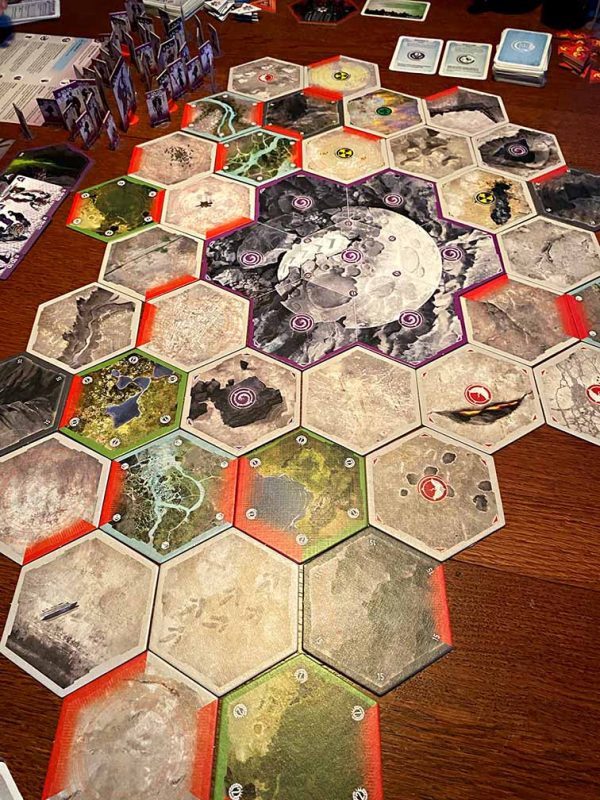
Brett & Pad: What is the appeal of Tsukuyumi for you?
Uwe: There is a very changeable playing field with just the right dose of extras (radioactivity, alluvial lands…) and of course the asymmetry. So differentiated and thematic races. There’s so much to discover in each one. And all of them are so lovingly designed and have a story behind them, which is then reflected in the abilities and special features of the respective faction. In Tsukuyumi, you have to fight for every single point, every damn point is important! The games are also not repetitive, each one offers a lot of variety to the previous ones.
Reef Collective
Brett & Pad: You have now been assigned two factions. The Reef Collective and the First Guardians. Let’s start with the Reef. What did you notice?
Uwe: To play the Reef, you have to become the Reef. I have no emotions. I am a reef! Even if you’ve now removed all my markers from the field and thwarted my entire plan (you lousy little XXX). I am a reef! I have no emotions. The Reef takes some time getting used to. It has its own action cards and the choice of actions is very limited. Mostly laying more reefs and spreading out, at times it plays a bit monotonously, but still doesn’t lose its appeal.
I can’t take active action against other units, although I can block them with barriers (almost all reefs are also barriers), but at times I am helplessly at their mercy. On the other hand, I can use the faction effect to start growing somewhere on the board and, if the other players allow it (intentionally or unintentionally), I can expand further. For me, the greatest strength of the Reef Collective is burrowing. An ability that allows me to overwrite opposing sovereignty markers and thus control the territory myself.
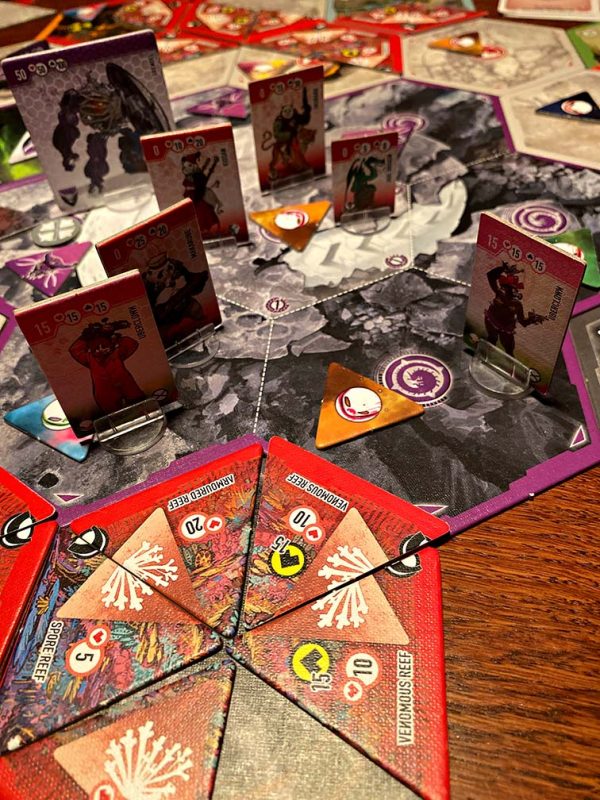
Brett & Pad: How did you play the Reef? Are there any special moments or decisions? What tricks did you use?
Uwe: I tried to create a secure starting base, to make my own starting hexes as secure as possible, to set up the barriers so that opposing units stay out for the time being. Then I started with the expansion. Here, the motto is: protection before conquest. It’s more important to hold on to the victory points/territories I have. This has priority over winning new territories (although the reef does not conquer, of course, but overwrites sovereignty markers). This motto then changed in the last third of the game. Territories conquered by opponents were abandoned by their units or were only weakly defended. Then it was time to shoot spores and spread out quickly. I had to try to shape the situation in such a way that it became unattractive for the other factions to recapture territories.

First Guardians
Brett & Pad: Now let’s move on to the First Guardians.
Uwe: The First Guardians are characterized by their three legendary units, each of which can only be brought into play once during the game. This works via another special unit and a corresponding battle card. The three legendary super turtles have powerful effects when they appear (e.g. deal lots of damage, swap an area for an alluvial land) and have a bonus and lots of good stats. However, they are ponderous, i.e. massive and move slowly, and when they are dead, they are dead.
Due to their low mobility and the effective appearance of the super turtles, the First Guardians are a faction with which I plan my actions well in advance. As a result, I can’t react flexibly to the other players‘ actions and therefore try to anticipate what they might be planning. Some of the First Guardians, like the Reef Collective, have the Burrow trait and I find it even stronger with the Guardians. Especially in the last round, movement actions become additional conquests and, if used cleverly, can be worth 3 victory points (or more with Alluvium/Moon Center).
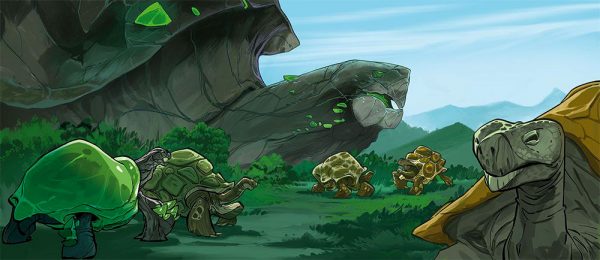
Brett & Pad: You mentioned the terms massive and dig in. Why are they so important for the game and influence tactical decisions?
Uwe: Mobility is very important in area control. I increase my range and become more difficult for opponents to calculate. Massive restricts me. I can’t suddenly advance to the middle of the moon or an alluvial plain, my target radius is smaller, and opponents can adjust to this. But fortunately, Tsukuyumi allows you to draft action cards (I haven’t even mentioned how successful I think the whole system around the action cards is – great!) and there are many action cards that only have one movement action and, of course, other strong actions. These are very attractive for the Guardians and can compensate for the disadvantage somewhat.
When I think about burrowing, it’s one of the strongest of all abilities for me. Controlling a territory without having to conquer it, without giving your opponent the chance to choose a counterattack, is powerful. Of course, I only control the territory as long as the unit is in it, but that’s enough. I put the opponents under pressure, they know that if this unit marches off (or the reef spreads), I’m out of my territory. And putting pressure on your opponents is always good.
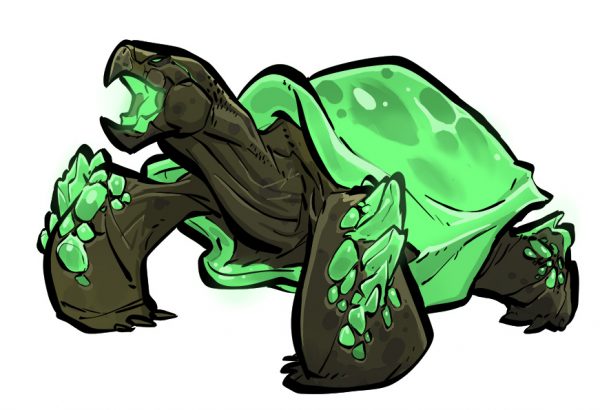
Factions & more
Brett & Pad: What do you think? Which opponent is the strongest in Tsukuyumi?
Uwe: Opponents become stronger or weaker through the combination of factions. There are factions that get on well with others and offer me enough opportunities to deal with other factions. Conversely, there are also factions that find it very difficult to deal with certain others. I find the combination of Sentinels (who want to destroy all Oni) and Dark Crusade (the Oni are the right arm of this faction) a great challenge for the Sentinels.
Apart from that, the strongest factions for me are those that undermine game principles. Examples? If the Chronomasters are in the game, only they can change the initiative. Nobody else can change it. In addition, the Chronomasters choose their phase at will. This is dirty and has a massive impact on the game. The Reef Collective with its own action cards or the Dark Crusade, which deprives me of the opportunity to plan with the Oni, are further special features. From a neutral point of view, I find the Chaos Clowns, the Mooncircus, somewhat stronger than the other races. The extra attack with the Überclowns combined with the mobility requires some effort to compensate for this.
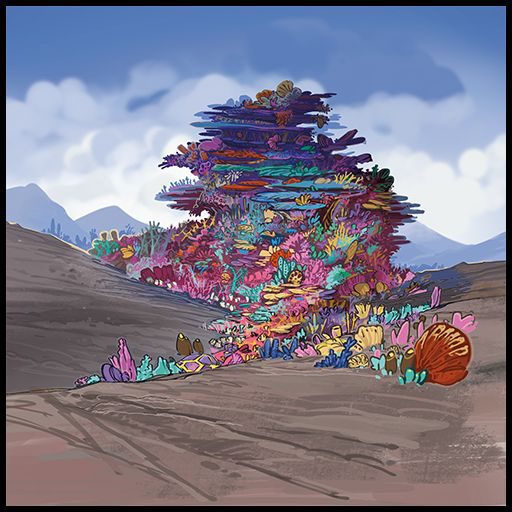
Brett & Pad: Let’s stick with that. You mentioned the combination of different factions. Our readers read the special to find out more and you know almost all the factions. Make two suggestions for an exciting, varied setting for 4 people. Which factions and why this combination.
Uwe: I can spontaneously say which combination I don’t want: Mooncircus, Dark Seed, Circle of the sun and the Children of the Lion – that would be far too many units on the table, it would be too confusing. Although, of course, that would also have its appeal… For an exciting setting, I would choose the Fireborn and the First Guardians as well as Kampfgruppe 03 and Dark Crusade. All four have few and strong units. Losses will be painful; I’ll have to think carefully about who I mess with and when. My second suggestion would be the combination of Dark Seed (actually my favorite faction), Reef Collective, Sisters of Seven and Nomads. The two human factions have a lot to do to stop the other two from spreading.
Brett & Pad: In the various games of the special – what was your absolute highlight?
Uwe: Definitely the game with the Chronomasters and the Reef: what phase are we in now? Green! No, I’m in blue (monkeys). I’m a reef, I have no phases – loss of structure and chaos!
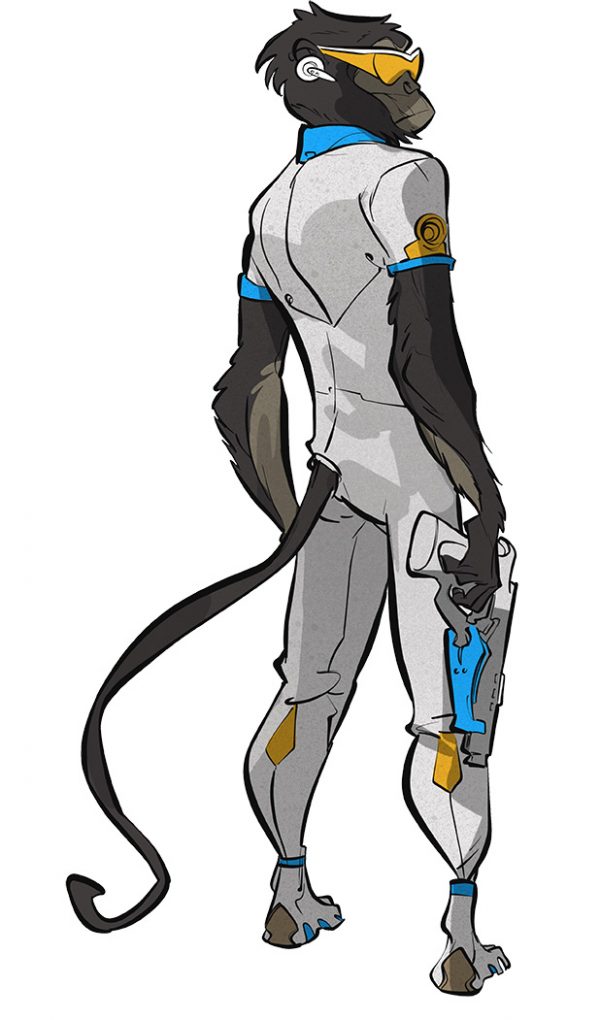
Brett & Pad: You won the first two games? How did you manage that? And what is the secret of your success?
Uwe: The first game with the Reef Collective and the second with the Guardians had a few basic approaches. I thought about the objectives on display before I started. Which ones do I manage early in the game, which ones perhaps in passing and which ones need one or two rounds of lead time or which ones can I ignore? I only entered into conflicts if they were really effective. If two other factions were fighting over an alluvial land, I preferred to take two peripheral areas in the meantime. Of course, you also have to convince your fellow players how harmless your own faction is and how dangerous the others are. It sounds like a bit of fun whining, but it has a serious background. In Tsukuyumi, it’s important for me to know which opponents are the strongest competitors and who can be dangerous to me and how.
Brett & Pad: Why have you never lost a game of The Lost Ruins of Arnak?
Uwe: Indiana Jones has never lost his hat either, has he?
Brett & Pad: Tsukuyumi has moved in with all the expansions – why all the expansions, does this game have to be in every collection or does the game just fit perfectly into our group?
Uwe: I’m actually still missing the Leadership and Event Horizon expansions. I haven’t missed either of them yet, but I definitely want to try them out and they will find their way into the collection. Each of the major expansions in Tsukuyumi manages to make the game better and more varied. There are cases where expansions dilute the original game. I don’t have that feeling here. For me, the expansions clearly add value to the game. Tsukuyumi needs the right group. It’s not a game that I would easily play with any other player. It requires familiarization with the respective faction, frustration tolerance and everyone involved should play quickly – the potential to produce downtime is there. This suits our game group well. If you like area control and asymmetry, you should definitely give the game a chance – it could lead to a qualitative improvement in your lifetime.
Brett & Pad: Thanks Uwe!
Brettspieler | Carromspieler | Viel-Spieler | Ran NFL süchtig | Weinliebhaber | Leseratte | | Brettspielsammler | MTB Fahrer | Sportler | Hobby-Koch | Kooperativ-muss häufiger-sein | Terraformer | Musikgenuss | Spotifyer | Familie | Fußballer |
Neueste Kommentare
- Gordon Shumway bei Deep Rock Galactic: The Board Game
- Markus bei Endless Winter
- Markus bei Endless Winter
- Chris bei Endless Winter
- Florian bei Endless Winter


